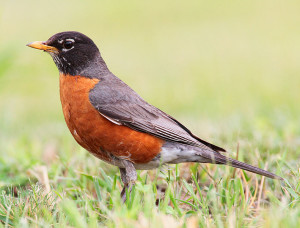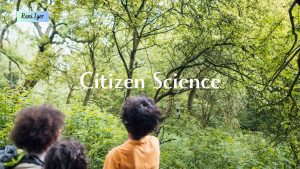
In recent decades, there has been a rapid change in the lifestyle of people all around the world. More than half of the world’s populations now live in urban areas. Cities are becoming overcrowded. Many people live in settings that do not have access to necessities such as access to clean water, resources for gainful employment, or even food. Parents struggle to make ends meet and are often tired at the end of the day. Cooped indoors or growing up in conditions which are neither supportive nor conducive for cognitive stimulation children develop various mental disorders.
Anxiety, ADHD, behavior problems, and depression are the most common mental disorders in children today. About 6 million children received a diagnosis for ADHD, while 4.5 million children have a diagnosed behavioral problem. Clinical depression has been diagnosed in approximately 1.9 million children between ages 3-17 years. Unfortunately, many of these children are medicated, leading to further problems.
Based on their study, researchers in Denmark offer a potential solution to this problem. Dr. Engemann led a study to study the effects of nature on children and adults. She gathered mental health data of patients suffering from a psychiatric disorder as well as the data on all Danish citizens. Her team then used satellite data to assess the amount of green space near each person from birth to age 10. The findings of the study were surprising.
First, the study showed that when lots of green spaces were available for children, they experienced a lower risk of mental problems in adulthood. Even when the scientists adjusted for risk factors such as socioeconomic status, family history of psychiatric disorder and the stress of urban living, they continued to find a strong association. Thus, when children get access to green spaces as kids, the effects of natural healing are found to carry over all through their life.
Scientists also analyzed the data in another way. They measured the surrounding green spaces from birth to age 10 every year. They found the effect was cumulative. The positive benefits of healing through nature builds up over time, and the opportunity to interact with green spaces all through childhood is crucial for better mental health.
Another surprising finding is that finding that living near parks or forests reduces the risk of children having substance abuse disorders (decreased by 52%), use of cannabis (decreased by 44%) and alcohol abused (decreased by 55%). All around the world, many teenagers report that they use mood- enhancing substances to handle the hormonal changes, stress of school, and the urban lifestyle. Dr. Engemann noted that when children had access to green spaces such as forests or parks, reports of neurotic or stress-related disorders reduced (decreased by 40%). Researchers also found that green spaces appeared to lower the risk of mood disorders, personality-based disorders such as bipolar, and schizophrenia.
To provide for the better mental health of the population, urban planners must provide for vast green spaces. These spaces must be designated for multiple uses and must be safe and accessible to everyone. Growing up with access to nature benefits both the body and the mind, thereby creating resilient children and adults. Other studies have shown that when people are raised in an urban setting, they develop high neural activity linked to stress processing. Increased stress can lead to a higher risk of psychiatric disorders as adults.
The human brain appears to have some automatic responses to counter psychological stress. When people have access to green spaces, the mental restoration of the brain takes place. The amygdala region of the brain develops a positive association with the environment. The amygdala focuses on response to emotions, survival instincts, and memory and stores them. Immersion in green spaces provides an opportunity for positive associations without the excessive sensory or noisy input of the socially dense urban environments.
An earlier blog post highlighted the mood enhancing effects of walking. Another blog post elaborated the positive effects of playing outdoors. Learn about the benefits of forest bathing. Any interaction with nature results in rewarding, long lasting impacts. Are you taking your nature walk today?


